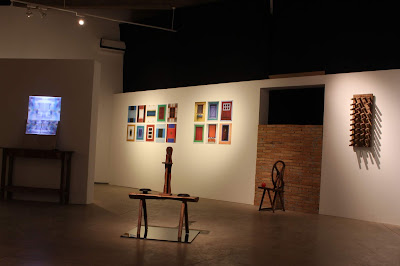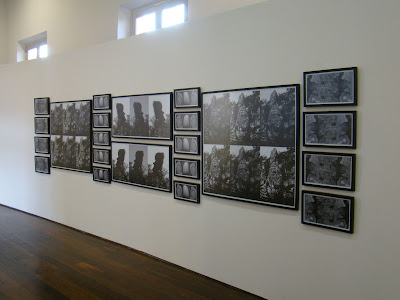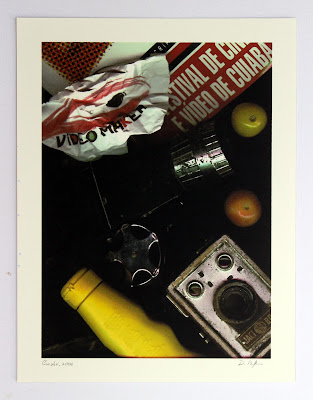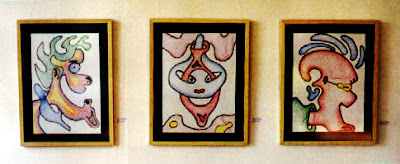InVersões

Aline Figueiredo Animator and Art Critic Inversions, 2016 Daniel Pellegrim's work in the InVersões series is the result of his visual research in the field of digital art. Computer Art, a trend or technique, is constructed as an extension of Optical Art and Kinetic Art, which has been practiced since the second half of the 1960s. The first Computer Art exhibition was held at the Institute of Contemporary Art in London in 1968. Vladimir Bonacic (1938-1999), Karl Holzhauser (1944), Gottfriend Jager (1937) are significant international artists. In Brazil, it was introduced through the restless leadership of Valdemar Cordeiro (1925-1973), with the exhibition entitled “Arteônica/O uso criativo dos meios eletrônicos em arte,” held in São Paulo in 1972. Daniel Pellegrim was born in Marialva, Paraná, in 1975 and came to Mato Grosso in 1986. He began working with computer art in 2000. This “InVersões” series are examples of his forays into the field of digigraphy, a printing techniqu...








